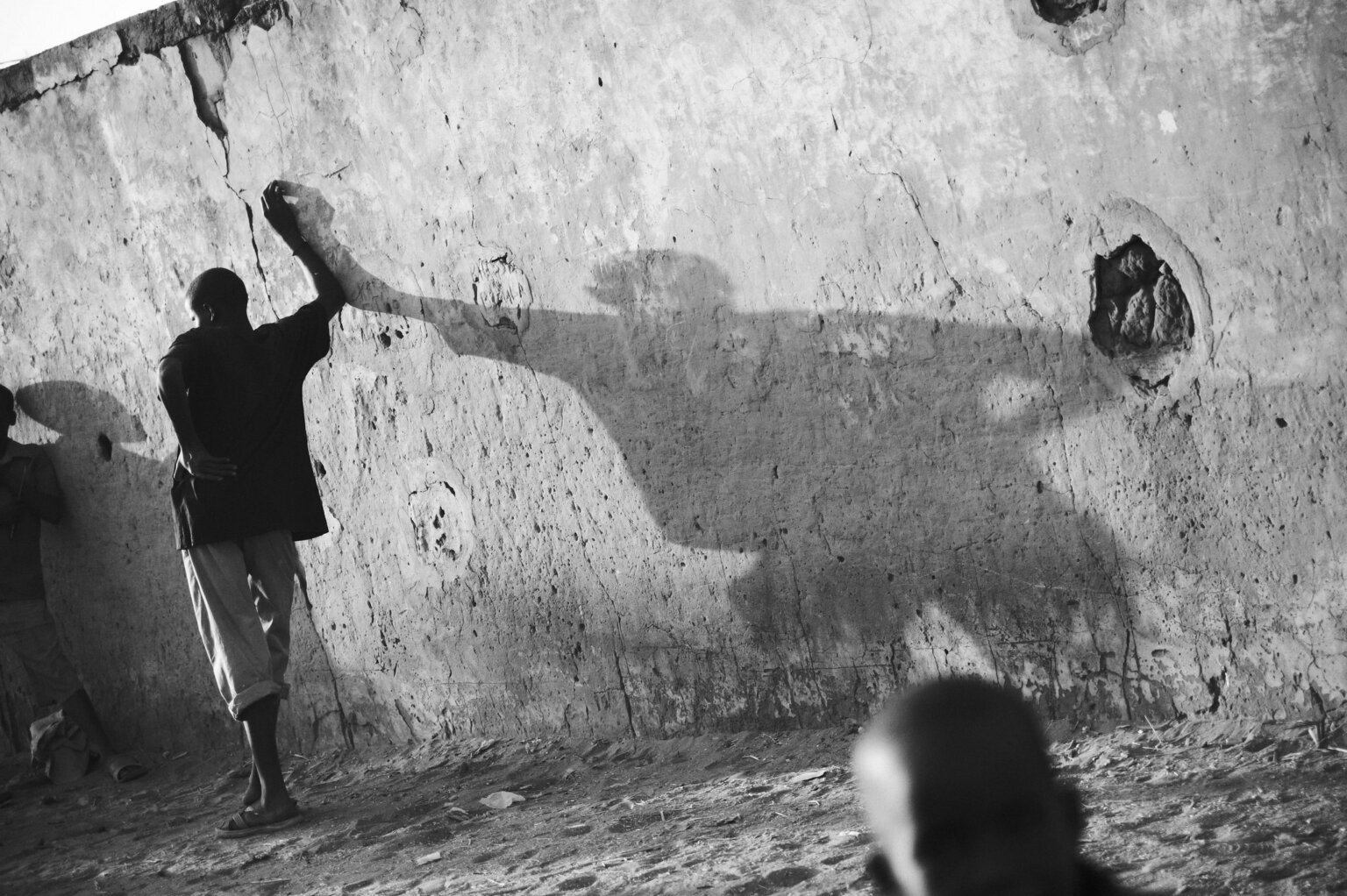- About
- Topics
- Picks
- Audio
- Story
- In-Depth
- Opinion
- News
- Donate
-
Signup for our newsletterOur Editors' Best Picks.Send
Read, Debate: Engage.
| May 20, 2021 | |
|---|---|
| topic: | Human Rights |
| tags: | #statelessness, #human rights, #Zimbabwe |
| located: | Zimbabwe |
| by: | Cyril Zenda |
Only one obstacle has hindered Jailosi from realising his full potential - he does not have identity particulars and lives in a stateless existence that has forced him to rely on others to sell his tobacco and do his banking, among other essentials of life.
“No matter how hard I work, at the end of the season I realise very little because I cannot sell my tobacco on my own and have the money in my own bank account, so in most cases I lose most of the money to those through whom I would have sold my tobacco,” said Jailosi.
He added that he could not proceed with school because he did not have a birth certificate, and cannot apply for a driver’s licence or get a mobile phone line registered in his name because he does not have an ID. “Life is hard, very hard.”
Jailosi is one of the more than 300,000 people in Zimbabwe who Amnesty International (AI) says are eking a penurious existence on the margins of society because of their statelessness.
The human rights watchdog interviewed descendants of migrant workers who settled in Zimbabwe pre-independence, as well as survivors of the Gukurahundi genocide of the 1980s: two groups that are prominently locked out of citizenship by a cruel conspiracy of discrimination and bureaucracy.
The report, “We Are Like Stray Animals” details how Zimbabwe’s discriminatory and arbitrary nationality laws have left generations of migrant workers and their families marginalised in the only country they have ever known.
Also stateless are thousands of survivors and descendants of victims of the Gukurahundi genocide, one of the bloodiest episodes of Robert Mugabe’s rule, because they cannot produce death certificates of their dead parents, which is a requirement for them to claim their Zimbabwean citizenship.
AI says these people have remained trapped in the misery of statelessness where they have been forced to the margins of society where they struggle to access education, healthcare, housing and other basics of life.
“For Zimbabwe’s stateless, everyday life is filled with obstacles. Accessing education, healthcare and employment can be a nightmare, and the sense of exclusion and rejection is soul destroying,” said Muleya Mwananyanda, Amnesty International’s Deputy Director for Southern Africa. “The Zimbabwean authorities must take concrete action to address this crisis, including mapping and registering all stateless people. Authorities must ensure laws are in line with Zimbabwe’s own Constitution, as well as international human rights law.”
According to Amnesty International, part of the current statelessness crisis in Zimbabwe (previously Rhodesia) has its roots in colonial history.
The British colonial government largely depended on cheap migrant labour from Malawi, Mozambique and Zambia to grow its industries. After gaining independence in 1980, Zimbabwean authorities passed a series of discriminatory laws that have, over the years, effectively excluded, marginalised and disenfranchised the descendants of these workers.
In the post-independence conflict that rocked Zimbabwe between 1983 and 1987, a period known as the Gukurahundi era, government forces committed mass atrocities against mostly Ndebele people in the south-western parts of the country, and an estimated 20,000 people were killed. Thousands were tortured and abducted, women were raped, and homes destroyed.
Since the brutal crackdown ended, traumatised survivors and their descendants have had to grapple with the challenges of statelessness, as they are required to produce their parents’ death certificates to claim their Zimbabwean nationality. However, death certificates for people killed in the Gukurahundi operation were never issued, meaning that those who were orphaned as a result of the violence have no way of proving their parents’ nationality.
Without birth certificates, these people are not able to get IDs for themselves, leading to a vicious cycle where they in turn are unable to obtain identity documents for their own descendants.
So serious is the problem in this southwestern part of Zimbabwe that in February 2017, when heavy rains caused severe flooding in the Tsholotsho district of Matabeleland North, marooned villagers had to be evacuated to higher ground. When members of the Civil Protection Unit tried to register the victims, they discovered that of the 150 pupils who were attending Mahlaba Primary School in the area, only four of them had birth registration certificates. Of the 619 other villagers housed at one of the camps, only 129 had any form of identification, leaving the other 490 people to be Zimbabweans by declaration only.
The severity of the problem has prompted a number of civil society organisations to embark on a number of initiatives to help get these people out of this hopeless state of statelessness.
Among these organisations is Citizenship Rights Centre, which in June 2018 launched a national campaign called “End To Broken Dreams”.
“There are children-led families. There are families with grandparents, parents and their children who do not have birth certificates,” says the organisation’s message, which it spreads using social media and other platforms. “Vulnerable marginalised unregistered stateless individuals existing in our societies worldwide who cannot access services because they are not recognised by law! It is heart-breaking to witness “broken dreams” due to lack of a simple document like a birth certificate!”
The Zimbabwe Human Rights Commission has also been putting pressure on the government to waive some of the stringent registration requirements that it says only do more harm than good.
Image: Shane Jones.


By copying the embed code below, you agree to adhere to our republishing guidelines.
